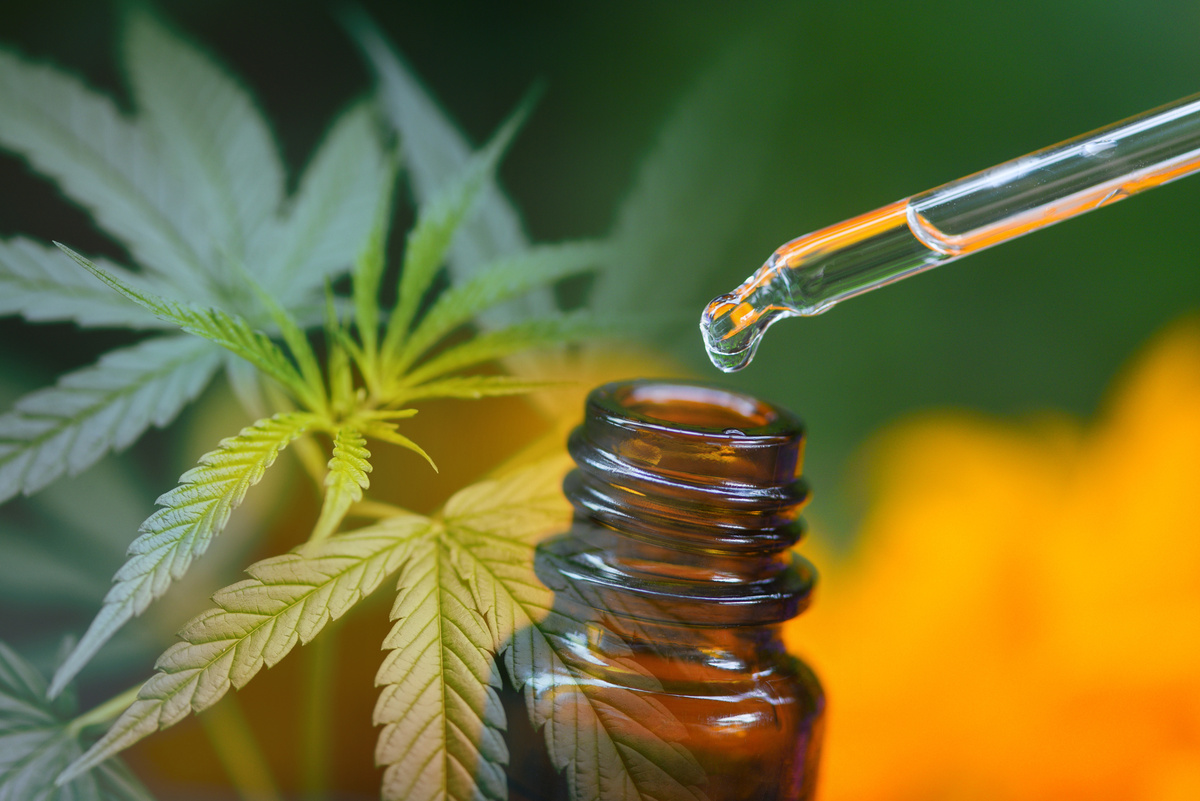Why You Can Trust American Marijuana
American Marijuana has been a trusted cannabis site since 2014, with a team of experts in the field working to ensure you’re only receiving premium quality information
Three-quarters of surveyed parents said CBD for children could be a good option, but only if other medications aren’t working.
If you’re reading this article, there’s a good chance that you use CBD in some form yourself. But if you’re a parent, would you give it to your kids?
Of course, CBD is no longer the novelty cannabinoid it once was, and after a few years of exploding popularity, it’s certainly lost a good deal of the edginess it was perceived to have in the early days of legalization.
A good barometer of that is the recent report coming from C.S. Mott Children’s Hospital National Poll on Children’s Health, which recently asked a national sample of parents of children 3-18 years about the use of CBD in children.
The poll covered a wide range of questions pertaining to parents’ knowledge, experience, and feelings about CBD use for children. Among the results were the following findings:
- 35% think taking CBD is basically the same as using marijuana
- 17% report knowing some, and 3% say they know a lot about CBD use in children
- 2% have given their child a CBD product
- 4% have considered giving their child CBD
- 1% say their child has used CBD without their permission
The big newsmaking headline (including our own) is that, while most parents had never considered giving CBD to their own children, 73% of those surveyed nevertheless think CBD may be a good option for children when other medications don’t work.
There are caveats to this statement, though (which perhaps make that statistic less newsy). Most parents (83%) think CBD products should be regulated by the FDA, and three-quarters (74%) say CBD for children should require a doctor’s prescription. Also, many parents (78%) want to see it tested for safety in children and are concerned about side effects.
On the other hand, only 63% rated the recommendation of their child’s doctor as a strong factor in deciding whether to give their child a CBD product. That seems to contradict the statistic that shows that parents believe CBD for children should require a doctor’s prescription, but there you have it.
The other finding that seems to have grabbed the attention of researchers is that among those parents who have given or considered giving CBD to their child, only 29% say they talked with their child’s healthcare provider about CBD use. (Yikes.)
“Our poll suggests most parents have very limited knowledge about CBD products,” said Mott Poll co-director Sarah Clark, “It’s important for parents to inform their pediatrician or other healthcare providers if they’re considering CBD use in kids so that they can discuss potential risks.”
She also points out that scientific research on CBD for children is still extremely limited:
“There is very little data on how CBD may impact children’s developing brains and only certain types of situations when it’s considered for pediatric medical reasons. Still, CBD has become much more accessible and widely advertised, with some companies claiming benefits for kids,” said Clark.
Adding to the confusion for parents is the fact that a prescription form of CBD actually is available for children with rare forms of epilepsy. But a prescription for Epidiolex (from a doctor with knowledge of a child’s health history) is very different from dosing your child with gummies from an online company:
“Parents who see promotional content claiming CBD benefits kids with certain conditions should be aware that products seen online or in stores are not regulated by the FDA and may be mislabeled,” Clark said. “This makes it difficult for parents to know exactly what they’re buying and what their child may be exposed to.
“Anecdotal stories of children benefiting from CBD may sound alluring but just because it’s a plant product doesn’t necessarily make it safe or effective in children. We need more evidence to understand CBD’s short- and long-term side effects in kids.”

